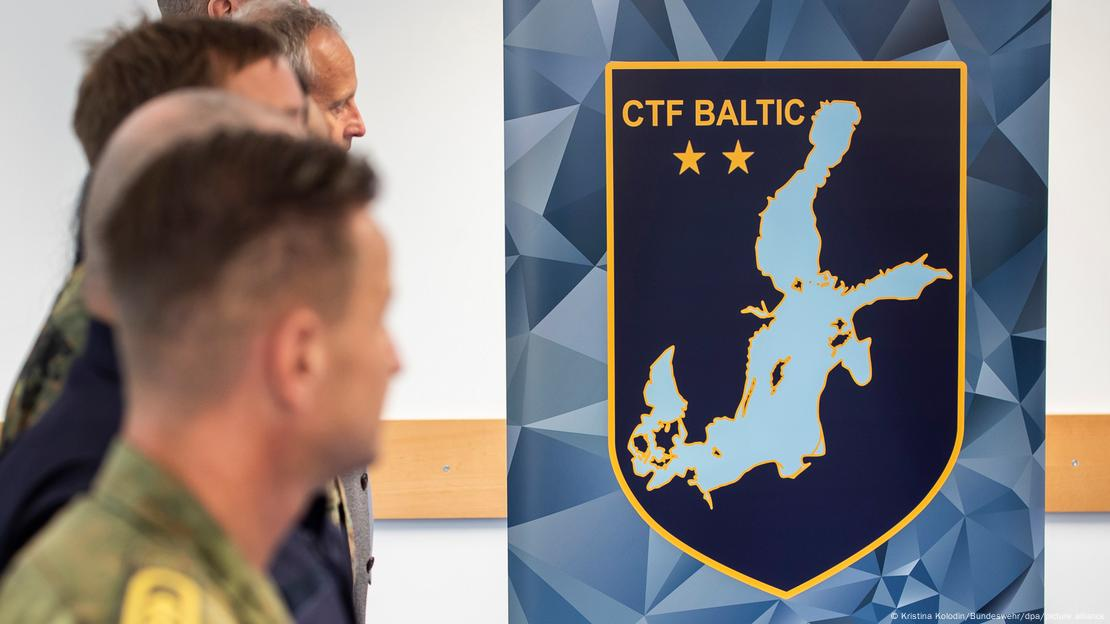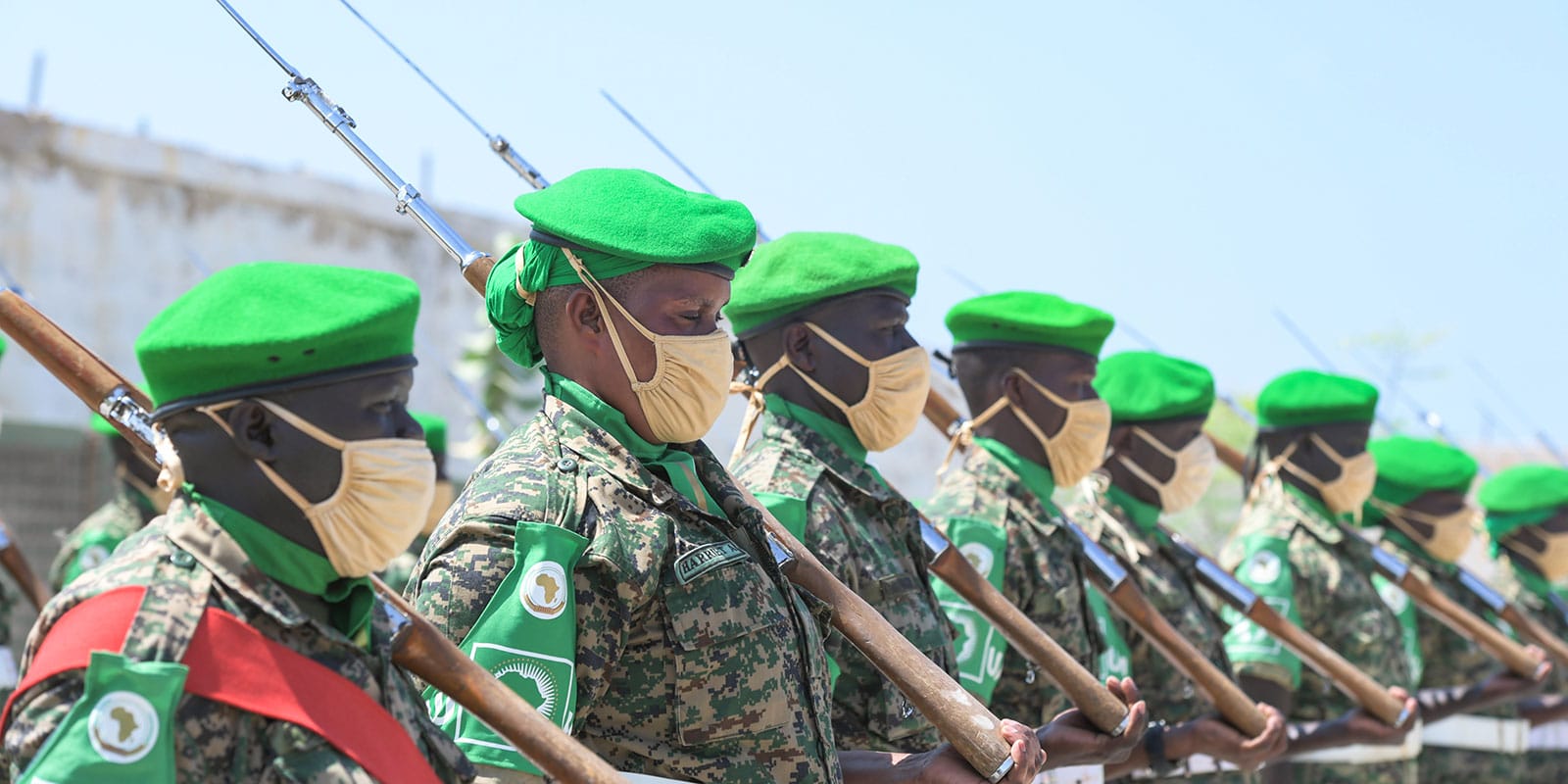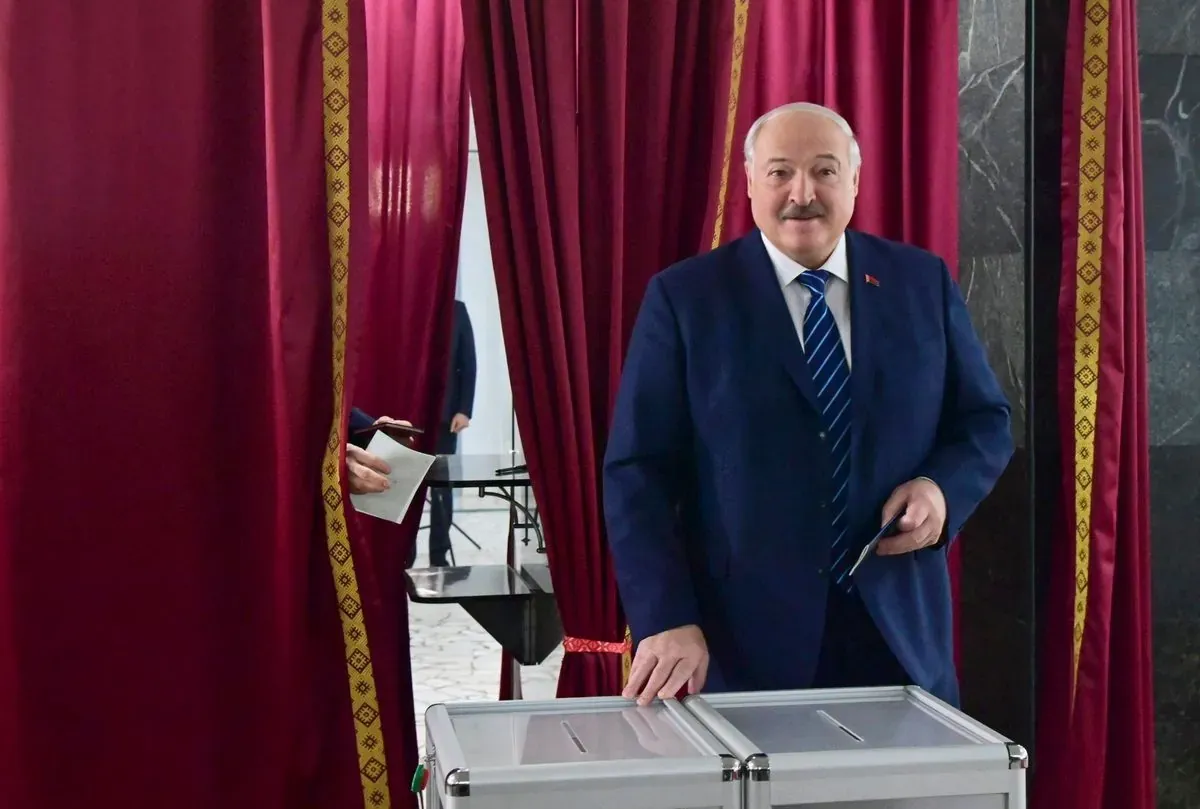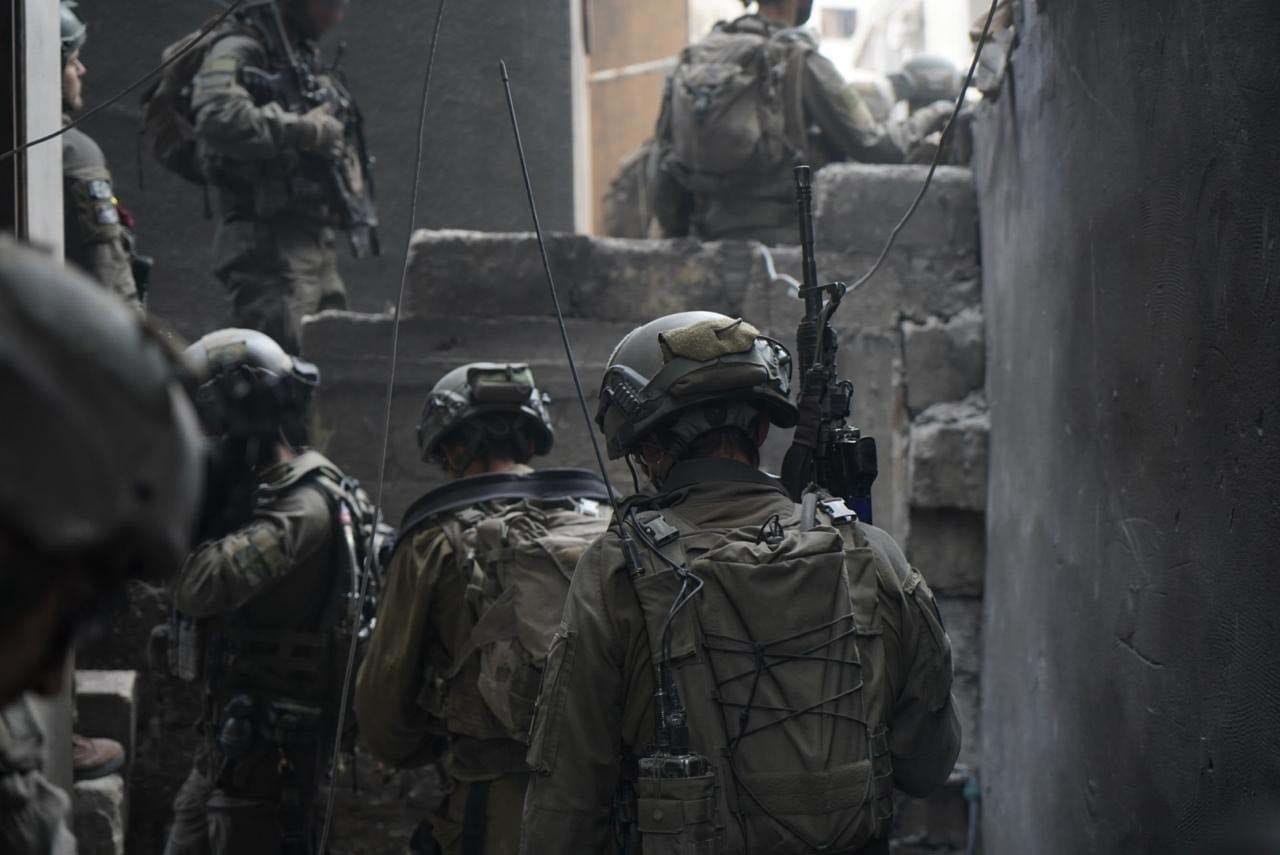In Brief
Situation Report
NATO has officially inaugurated a new naval command center in Rostock, Germany, aimed at bolstering its operational capacity in the Baltic Sea. This development comes as part of NATO's ongoing efforts to adapt to evolving security challenges in the region, particularly following Russia's invasion of Ukraine.
German Defense Minister Boris Pistorius underscored the significance of the Baltic Sea as a vital corridor for trade and military mobility, stating, "The Baltic Sea has always been at the crossroads of Europe’s history and it is much more than just a waterway". He also noted that the new NATO Naval HQ will play a crucial role in preparing military situation reports and addressing regional challenges.
The newly established Commander Task Force (CTF) Baltic will oversee the Alliance's naval operations during times of peace, crisis, and wartime, with the initiative reflecting a strategic response to increased geopolitical tensions, aiming to protect member states' interests against potential aggressive actions from Russia.
According to Germany's MoD, the CTF is expected to enhance interoperability among NATO forces and facilitate the integration of Finland and Sweden - the two newest members of the Alliance - into joint operations. It will also be responsible for conducting military reconnaissance and planning joint exercises with allies and partner nations.
The command center will be led by a German commander, with deputies from the Polish and Swedish navies. In peacetime, it will be staffed by 60 military personnel from various Baltic nations and NATO allies. In times of crisis or conflict, this number can expand to 240 personnel to ensure rapid deployment capabilities.















Discussion